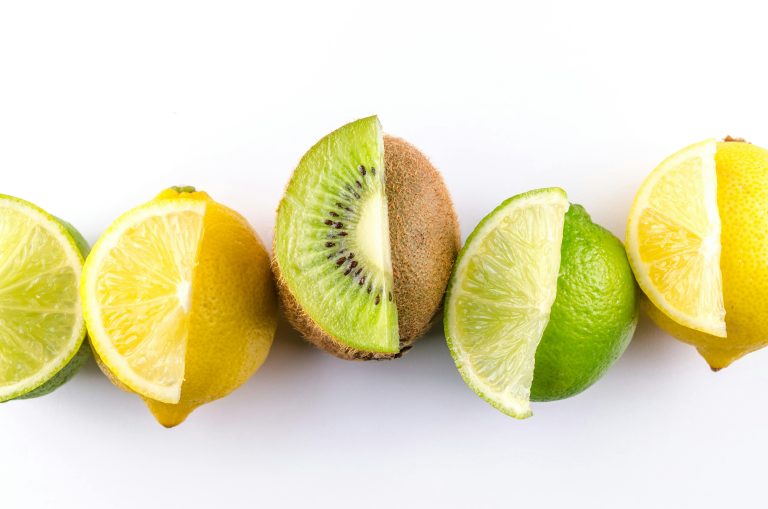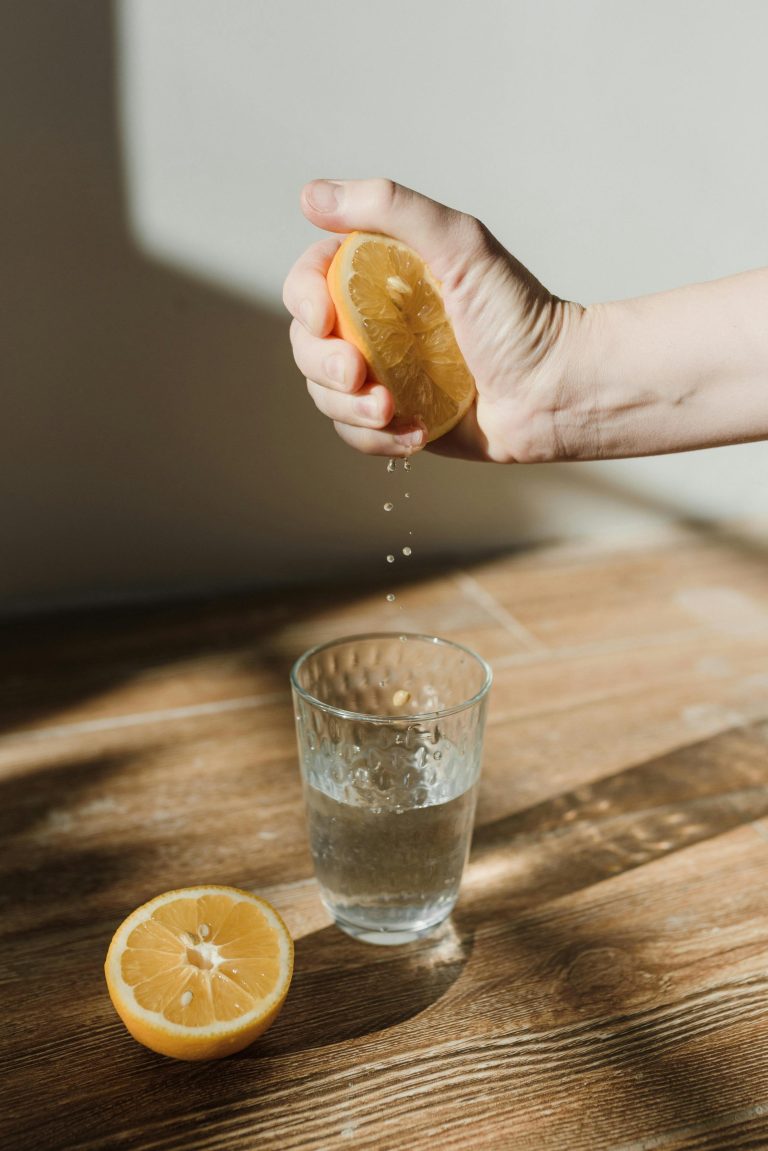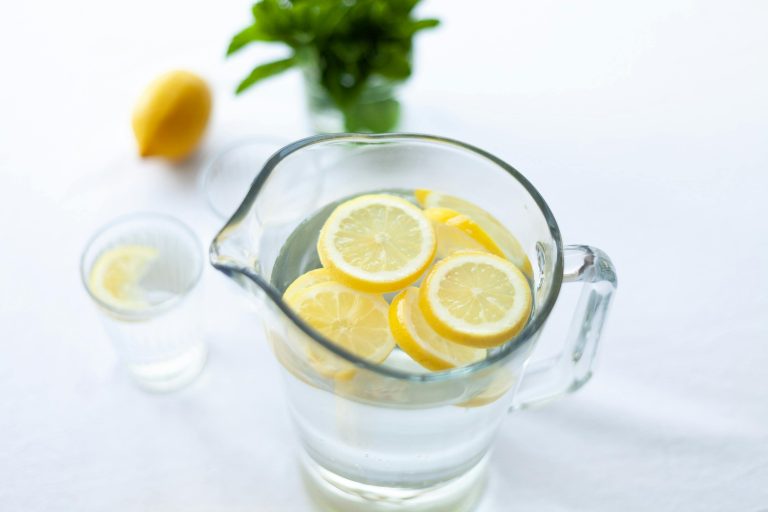How Long Does Orange Juice Keep at Room Temperature? The Freshness Clock
A favorite household staple, orange juice is frequently savored for its bright flavor and nutritional boost. However, once it leaves the refrigerator’s cold environment, its shelf life is greatly reduced, just like that of many perishable beverages. For food safety and to ensure the best possible taste, it is essential to know how long orange juice stays safe and palatable at room temperature. Distasteful flavors, nutrient deterioration, and even potential safety risks can result from disregarding these recommendations.
The primary factor determining how long orange juice lasts at room temperature is whether it’s freshly squeezed, pasteurized, or shelf-stable. Each type undergoes different processing methods that profoundly affect its vulnerability to spoilage.
Freshly squeezed orange juice has the shortest lifespan outside of refrigeration. Lacking any heat treatment to kill naturally occurring microbes, it is highly susceptible to bacterial growth. Unrefrigerated, freshly squeezed juice should ideally be consumed within a few hours, typically no more than 2-3 hours. Beyond this very limited window, bacteria can multiply rapidly, leading to fermentation, off-flavors, and potential foodborne illness. You’ll likely notice changes in taste (becoming sour or yeasty), smell, and even appearance (cloudiness or separation) as spoilage sets in.
Pasteurized orange juice, which is the most common type found in the refrigerated section of supermarkets, has undergone a heat treatment to destroy harmful bacteria and extend its shelf life. While pasteurization makes it much safer than fresh juice, it’s still highly perishable once opened and left at room temperature. An opened carton or bottle of pasteurized orange juice should not be left out for more than 2 hours. Beyond this point, even though it was pasteurized, new bacteria introduced from the air or pouring can begin to proliferate rapidly in the nutrient-rich, room-temperature environment. The warm temperature accelerates this growth, leading to spoilage.
Shelf-stable orange juice, often found in aseptic cartons in the non-refrigerated aisle, has undergone ultra-high temperature (UHT) pasteurization and is packaged in sterile containers, allowing it to remain safe at room temperature unopened for an extended period, sometimes up to several months. However, once a carton of shelf-stable orange juice is opened, it immediately becomes perishable. Just like its refrigerated counterpart, an opened carton of shelf-stable orange juice should be treated like any other perishable beverage and should not remain at room temperature for more than 2 hours. The exposure to air and potential contaminants from pouring initiates the spoilage process.
Several factors accelerate spoilage at room temperature. Temperature itself is the most significant; warmer environments encourage faster bacterial growth. Exposure to air introduces microbes and oxygen, which can lead to oxidation and off-flavors. Light exposure can also degrade nutrients and flavor over time. These factors work in concert to break down the juice, turning it from a refreshing beverage into an unpleasant and potentially unsafe one.
In summary, the golden rule for opened orange juice, whether freshly squeezed or pasteurized, is to refrigerate it promptly and consistently. If it has been left out at room temperature for more than 2-4 hours (depending on the type and specific conditions), it is safest to discard it, even if it doesn’t show obvious signs of spoilage. When in doubt, it is always better to err on the side of caution to protect your health and enjoy the delicious, vibrant taste of orange juice as it was intended.







